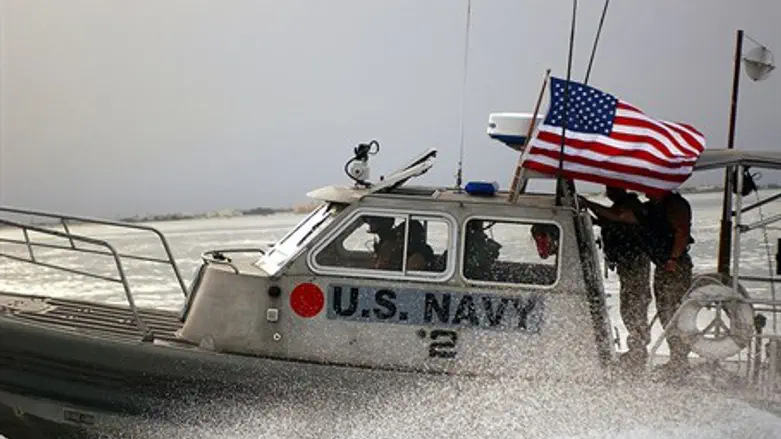
Iran pulled out its “oil card” Sunday, warning the West that blockading Iranian crude will result in sky-high prices at the pump.
Iranian Foreign Ministry official Ramin Mehmanparast told the reformist daily Sharq, "The oil price would soar to above $250 a barrel” if Western nations were to stop Iran’s oil-exporting capabilities through sanctions or a blockade of the Persian Gulf. Crude oil now is priced at around $100 a barrel.
Blocking oil is one of the last sanctions left for the West to use to convince Iran to cooperate with the United Nations International Atomic Energy Agency (IAEA) and open its nuclear facilities for full inspection. The Islamic Republic continues to insist its nuclear program is for peaceful purposes and not for manufacturing an atomic bomb, despite increasing evidence that points to the contrary.
The United States so far has not slapped sanctions on Iran’s Central Bank, which handled almost all of financial transactions in the Islamic Republic’s energy sector. Putting the bank under sanctions would effectively cripple oil exports, a move the West is hesitant to make, particularly with the global economy flittering with another recession.
"Imposing sanctions on oil and gas is among the sanctions that, if one wants to do that, the consequences should be fully considered before taking any action," Mehmanparast warned.
"I do not think the situation in the world and especially in the West today is prepared enough to raise such discussions."
The price of crude oil has soared 20 percent in the last month, partly because of changes in inventories and partly because of increased tensions between Iran and the West. Iran last week expelled the British ambassador and orchestrated a violent raid on the British embassy in Tehran.
Britain responded by ordering the Iranian embassy staff in London out of the country.